Kidney Stones: experience One, & you'll Remember

hard minerals
Kidney Stones are also known as a renal calculus, or nephrolith, are hard mineral deposits that can form inside your kidneys or urinary tract.
Any size stone
A single small stone is likely to pass through the body where a few or larger stones can cause blockage of urine.
Regardless of the size of the stone, for most people passing a kidney stone or stones can be an excruciatingly painful experience.
who's at risk?
It is estimated that 10% of Canadians over the course of their lifetime will have kidney stones.
women and men
Women peaking out in their 50's have a prevalence of developing stones. Men between the ages of 40 to 70 years seem to be at a higher risk of developing a kidney stone. Unfortunately, if you have had more than one stone, chances are you will likely have more over your lifetime.
Found as small as a grain of sand to the size of a golf ball!
Doctors are still unclear as to what causes kidney stones to form. For some people, a family history of kidney stones seems more likely to develop them.
Urinary track infections (UTI), cystic kidney disease and certain metabolic disorders, such as hyperparathyroidism, are linked to stone formations.

Rare Condition
Another condition though rare, called renal tubular acidosis, is a hereditary disease, that 70% with this disease, develop kidney stones.
Contact your doctor if you are experiencing any of these symptoms:
- Burning sensation when you urinate
- Blood in your urine
- Vomiting
- Fever and chills
- Extreme pain in your back or side that will not go away
- Urine that smells bad, looks cloudy or even bloody
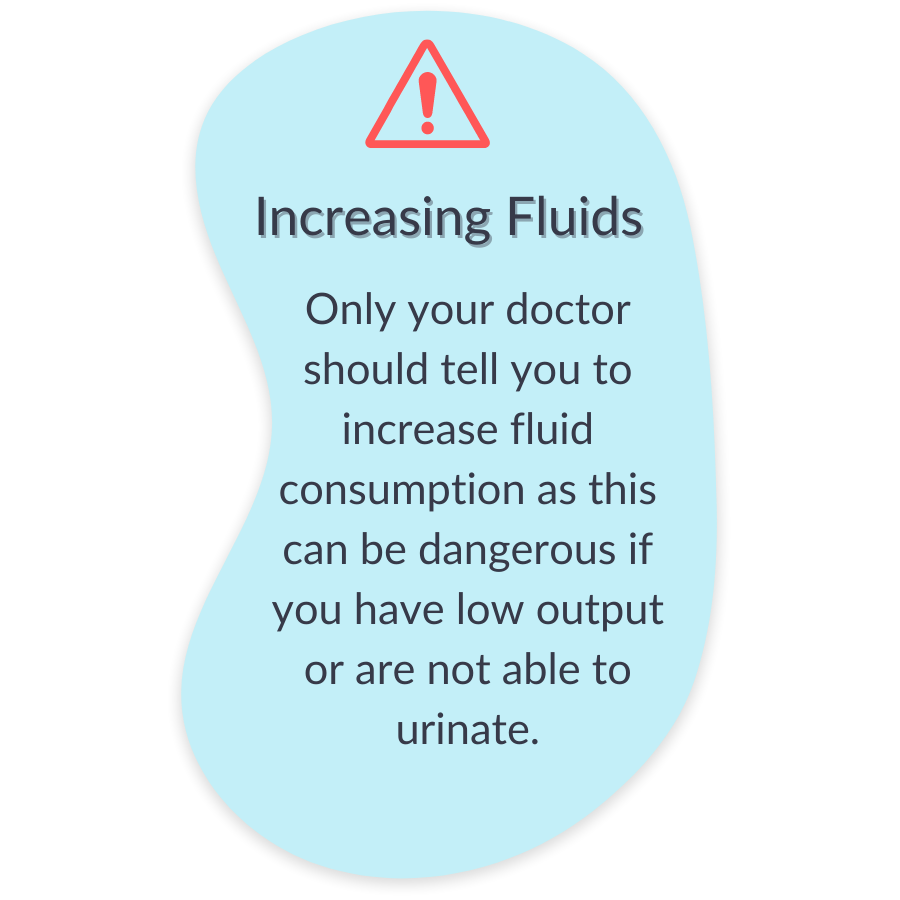
Types of Kidney Stones

Struvite Stone
Struvite Stone may form after an infection in the urinary system. These stones contain magnesium and the waste product ammonia.
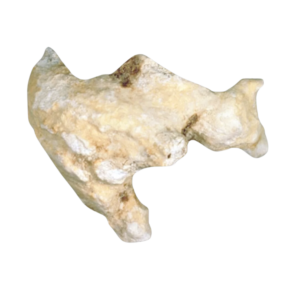
Cystine Stone
Cystine Stone is rare. Cystine is one of the building blocks that make up muscle nerves and other parts of the body. Cystine can build up in the urine to form a stone. The disease that causes Cystine stones runs in families.
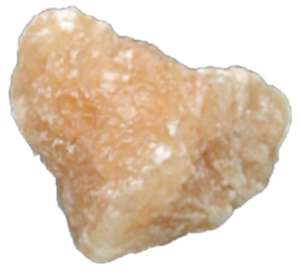
Uric Acid Stone
Uric Acid Stone may form when there is too much acid in the urine. If you tend to form uric acid stones, you may need to cut back on the amount of meat you eat.
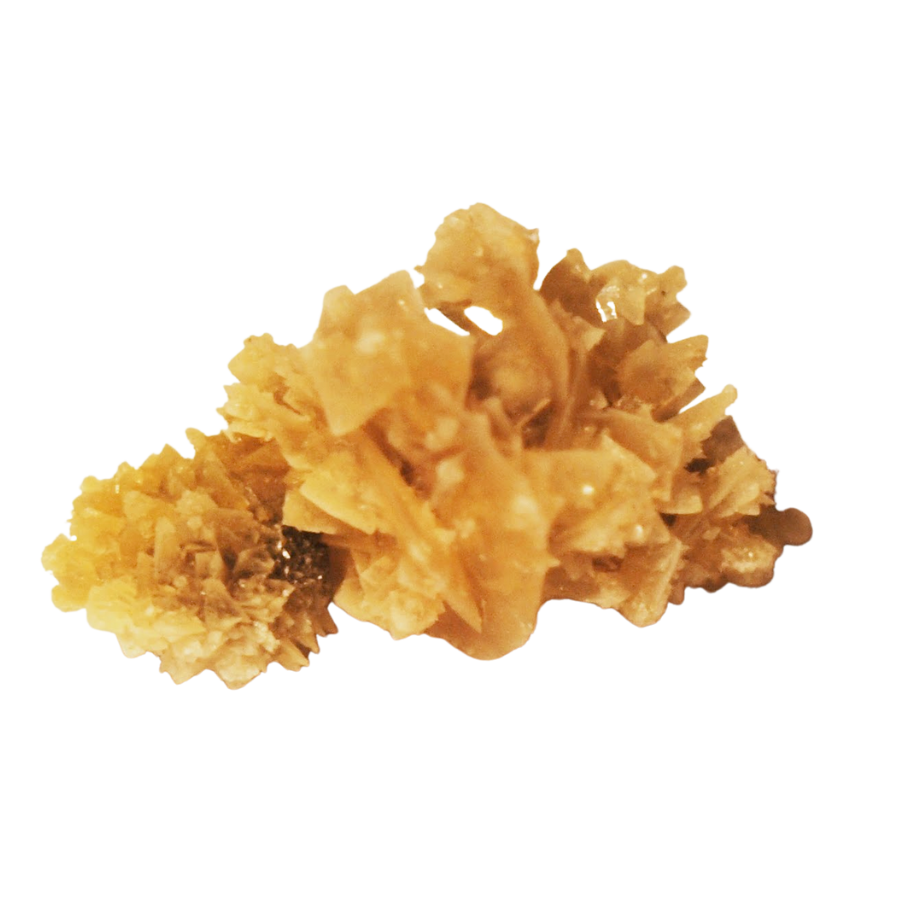
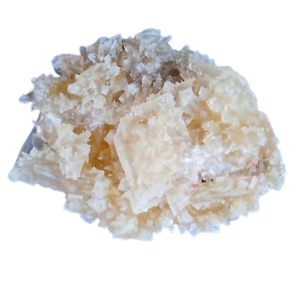
Calcium Stone
Calcium Stones are the most common. Calcium not used by the bones and muscles goes to the kidneys. In most people, the kidneys flush out the extra calcium with the rest of the urine. However, some people who have calcium stones keep the calcium in their kidneys. The calcium that stays behind joins with other waste products to form a stone.
Prevention of Kidney Stones
Drink Up
Drink a glass of water every hour during the day and whenever you get up at night and drink plenty of liquids after meals and exercise.
calcium oxalate stones
If you have calcium oxalate stones avoid large amounts of dairy products or foods high in oxalate content (such as tea or chocolate).
Easy on the sunshine
Avoid large doses of Vitamin C (4 grams or more daily) and antacids.
Uric Acid stones
If you have uric acid stones reduce the amount of red meat in your diet.
Recommended Topics
Known Toxins
If you take any of these drugs often, you could put your kidneys at risk of permanent damage.
Polycystic Kidney Disease
Polycystic Kidney Disease (PKD) is the most common inherited kidney disease.
Uremia
A serious complication of chronic kidney disease or seen in kidney injury.

